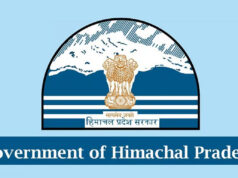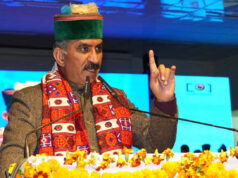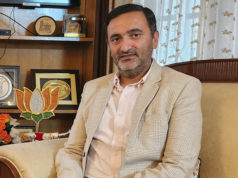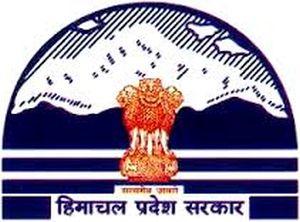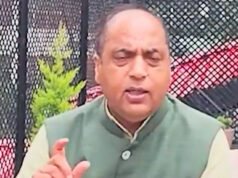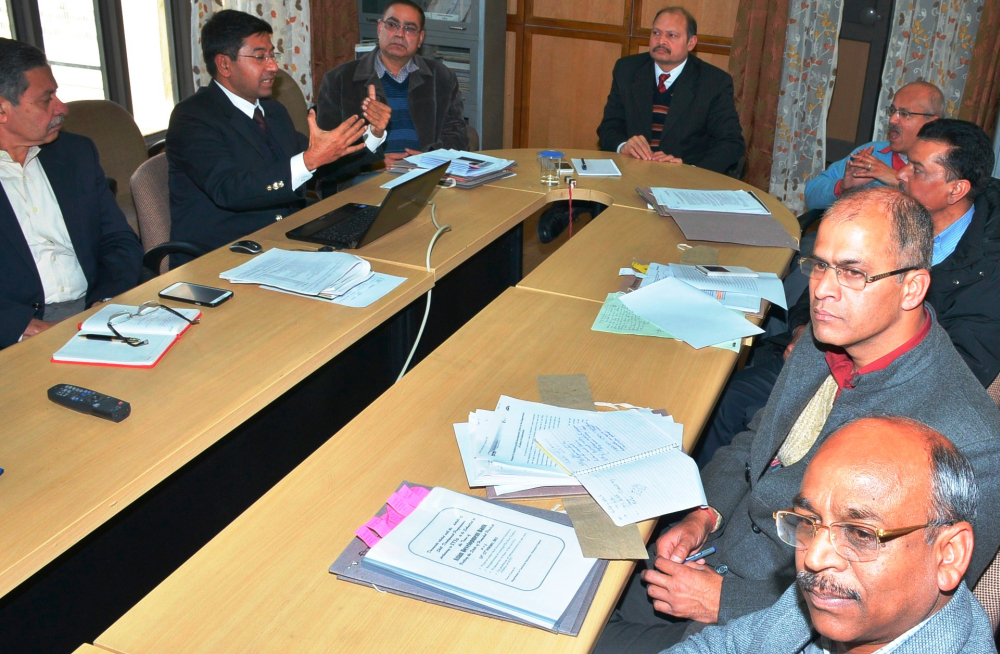Shimla – In a significant policy shift, the Himachal Pradesh government has announced new regulations for employees and officers taking study leave, reducing the salary provision from 100% to just 40%. The change, introduced by the Himachal Pradesh government, is part of an effort to address the administrative challenges and financial strain caused by a large number of employees taking extended study leave.
The revised rules have been formalized through amendments to the Central Civil Services Leave Rules, 1972, and are now encapsulated in the newly framed Central Civil Services Leave Himachal Pradesh Rules, 2024. The changes will fundamentally alter the process and benefits associated with study leave for government employees in the state.
Under the previous regulations, which had been in place since 1986, the administrative department had the authority to grant study leave for up to 24 months with full salary. This process will now be overseen by the Finance Department, which will decide on the approval of study leave requests. The shift in authority is aimed at ensuring a more stringent review process and better management of the workforce.
The government cited the negative impact on departmental operations and the financial burden on the state exchequer as key reasons for this policy change. The provision of full salary during study leave was increasingly viewed as unsustainable, given the growing number of employees opting for such leave, which in turn was leading to disruptions in the functioning of various government departments.
As per the new regulations, employees who take study leave, whether within the country or abroad, will now receive only 40% of their salary. In addition to this, they will be entitled to dearness allowance and house rent allowance. However, the payment of this reduced salary will be contingent upon the employee providing a certificate confirming that they are not receiving any scholarship, stipend, or part-time employment remuneration related to their studies.
The Sukhu government’s decision is seen as a measure to curb the excessive use of study leave and to ensure that the essential functions of government departments are not compromised due to staff shortages. By reducing the financial incentives associated with study leave, the government hopes to encourage employees to be more selective and considerate in their decisions to pursue further education or training.
The new rules are expected to prompt government employees to explore alternative means of financing their studies and to reconsider the duration and necessity of their study leave. While the policy aims to strike a balance between professional development and the operational needs of the state, it may also lead to a reduction in the number of employees seeking extended study leave.
As the new regulations take effect, the government remains committed to managing its workforce efficiently while safeguarding public funds and maintaining the smooth operation of its departments.


